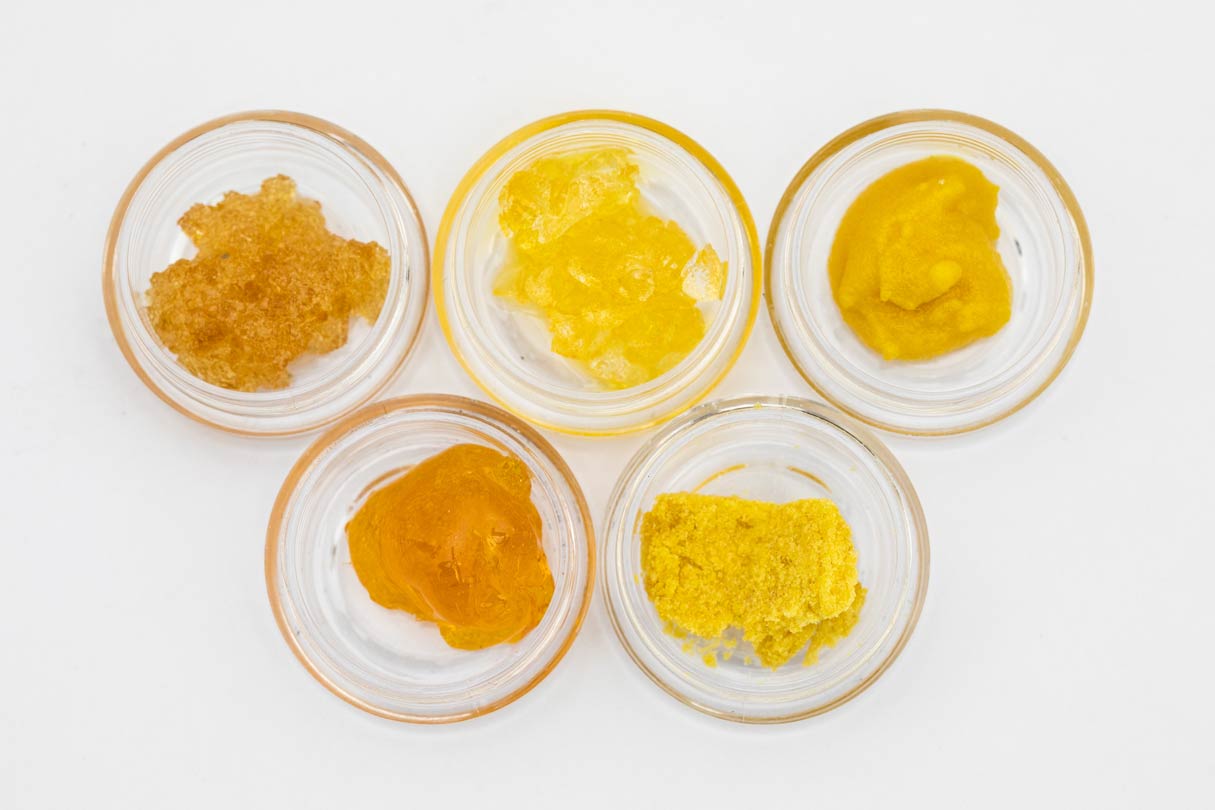Cannabis extraction is not a single-step process. Pulling the desirable contents from the raw plant material and transforming them into an isolate or distillate requires significant post-extraction refinement. Winterization, filtration, and distillation are key technologies manufacturers use to convert crude cannabis oil into a clear, pure, and potent final concentrate, turning crude oil into distillate.
Why is it so complicated? Cannabis is a complex plant comprising over 550 chemical compounds. All have unique extraction and processing requirements to preserve their characteristics and potential therapeutic effects.
Extraction is just the start. With the increasing popularity of edibles, vape pens, and isolates, it’s important to further refine the raw cannabis extract to develop these finished products. Here’s what you need to know about cannabis extraction refinement to produce high-quality products for your clients.
Turning Crude Oil Into Distillate: What is Cannabis Extraction Refinement?
A solvent-based extraction process uses chemicals (e.g., hydrocarbons, CO2, or ethanol) to dissolve trichomes from the organic plant material. After the solvent gets removed, raw or ‘crude’ cannabis oil remains.
Although rich in desirable compounds, including THC, CBD, and terpenes, crude oil also typically contains undesirables, like flavonoids, waxes, and discolorations. Most processed commercial cannabis products require significant additional refinement to distill down into individual cannabinoids or remove these organic contaminants for use in the commercial market.
Yes, crude oil is a lucrative extract in its own right. But, there is a much greater potential for profit from highly processed products, like distillates, isolates, edibles, vape pens, and more. Before consumers vape, dab, or eat most cannabis concentrates, it has to go through additional post-processing.
The Importance of Post-processing & Refinement
Crude oil is technically a basic cannabis extraction, but one that still contains many unwanted components. These organic contaminants may include chlorophyll, fats, waxes, and other substances. They impact the color, appearance, consistency, and flavor of the oil.
Post-processing crude oil refinement:
- Improves color, clarity, and consistency
- Increases potency
- Refines or customizes terpene profile
- Customizes cannabinoid profile
- Develops particular characteristics for the desired application
Methods Used to Refine the Extraction Process
There are several established technologies like wiped film distillation, winterization, and decarboxylation, are used across the hemp and cannabis sector to transform crude oil extract into a more desirable and pure final consumer product.
Here is a brief introduction to how each piece further refines a crude extraction post-processing.
Winterization & Filtration
The first step post-initial extraction is a two-punch approach: winterization and filtration. Winterization removes fatty acids and other organic undesirables. First, it means dissolving the crude oil extraction into food-grade ethanol, and the mixture is then cooled.
Fats and waxes solidify at these low temperatures, making them easy to filter out. Once filtered, the ethanol is removed. The result is a clarified, purified, and stabilized concentrate.
Distillation
Distillation is the last step in turning crude oil into distillate and involves heating the winterized extract to precise temperatures, each targeting a different terpene or cannabinoid boiling point range. The compounds with the lowest boiling point vaporize first. Then, as the vapor moves through the distillation equipment, it cools and condenses, and it transforms back into a liquid.
In this way, distillation pulls out each desirable compound while leaving any lingering organic contaminants behind. The final results can achieve upwards of 99 percent pure cannabinoid concentrates such as CBD and THC isolates.
Typical technologies used for this process include Cascade Sciences PUREPATH 100 Wiped Film Distillation System.
Decarboxylation
Decarboxylation is a thermodynamic process that converts tetrahydrocannabinol acid (THCA) into THC. Cannabis plants naturally produce no THC. Instead, they produce THCA, which has no psychoactive effects. Only through exposure to heat do the acidic forms transform into the active cannabinoids we know and love. The same holds for CBDa and CBD.
Decarbing is a critical step, completed prior to the first extraction or post-extraction and pre-distillation. Although an initial extraction may have converted some of the acidic cannabinoids into activated cannabinoids, decarbing guarantees full transformation, achieving maximum cannabinoid potency.
At home, decarbing requires only an oven, but a more industrial-sized solution is required for the commercial manufacturer to achieve the consistency and thru-put required for profitability. Cascade’s line of dry and decarb ovens ensures uniformity and humidity control to a laboratory-grade quality.
Another great option for large volume decarbing would be a Cascade Sciences reactor. In this equipment winterized crude oil is placed in a large vessel and heated and agitated under a vacuum.
High-quality Equipment Matters
As cannabis evolves within the legal market, consumer demand for a broader range of innovative products has also evolved. It’s not just about a potent flower anymore. Consumers are diving into more processed cannabis products, which require clear, pure, and potent concentrates.
To transform a murky green crude or dark amber oil into a beautifully clear isolate, post-processing is a necessity. While it’s true that the quality of the initial plant materials does dictate the final output, refinement equipment is equally important to the quality and composition of the end product.
At Precision, we know the cannabis extraction refinement process inside and out. We understand how crucial it is to use reliable equipment. Contact our experts to find the equipment you need to turn crude oil into distillate.








